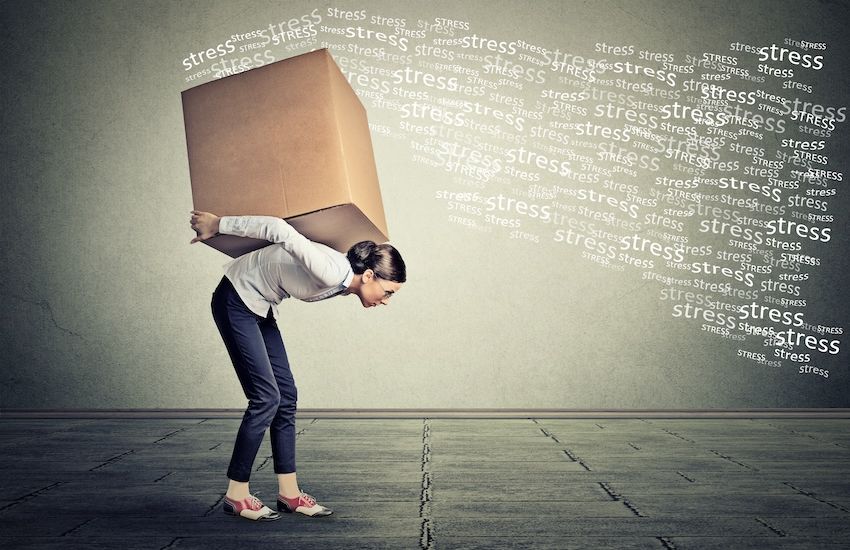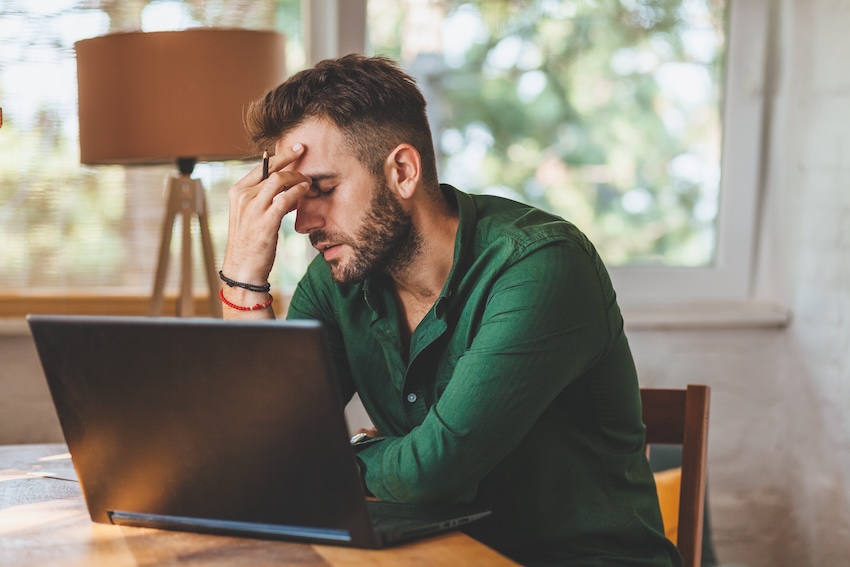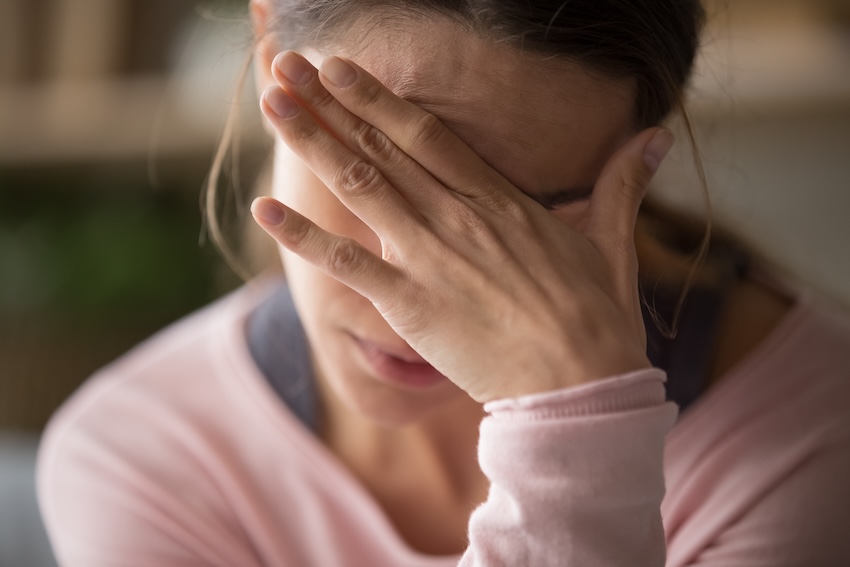


During Stress Awareness Month, our CONNECT charity partner Guernsey MIND has shared some top tips on how to cope 'little by little'.
1 in 6 British workers will experience depression, anxiety, or stress-related issues (Source: MHFAEngland) with data showing that even the smallest steps taken each day towards self-care and stress reduction can yield significant improvements in mental health over time.
Stress is how we react when we feel under pressure or threatened. It usually happens when we are in a situation that we don't feel we can manage or control.
Stress is the body’s response when it senses danger. We all experience stress and need it to function. A small amount of stress can help us to complete tasks and feel more energised, but when stress interferes with our lives, it becomes a problem. Too much stress for too long, can make us ill. If unaddressed, stress can cause mental health issues like depression or anxiety and harm our physical health.
Stress can affect our emotions, our body, and how we behave, in lots of different ways. Sometimes when we are stressed, we might be able to tell straight away. But at other times, we might keep going without recognising the signs.

Pictured: Workplace stress can lead to burnout, warns Guernsey MIND.
If you are stressed, you might feel:
You can get physical reactions such as fatigue, sleeping issues, chest pains and high blood pressure, headaches, feeling sick and stomach upsets, sweating, and panic attacks.
Some people who go through severe stress may experience suicidal feelings. This can be very distressing.
There are many things in our daily lives that can cause stress. You might feel stressed because of one big event or situation in your life, or it might be a build-up of lots of smaller things. What causes stress can vary vastly from person to person, so what causes stress in one person might not effect another.
This might make it harder for you to identify what's making you feel stressed, or to explain it to other people. Positive events such as getting married, having a baby, starting a new job, moving house, or even going on holiday can cause high levels of stress.
Other things that can cause stress include:
People cope and manage stress in different ways.

Pictured: April is Stress Awareness Month.
Finding what works for you can help you manage stress and build your resilience. Trying these ideas won't make all the stress in your life disappear but they could make it easier to get through stressful situations.
However, as well as positive and helpful coping mechanisms, it can often be easier to turn to unhelpful ways such as drinking to excess, smoking, overworking, or keeping thoughts and feelings bottled up.
We cannot always control the things in our lives that can cause stress. What we can control is the way we react to these situations.
Different things will work for different people, but these are some ideas you could try:
Think of your life as a bucket with taps at the bottom.
As you add more stress in the top of the bucket, it will eventually overflow.
You need to open the taps at the bottom to let the stress flow out. Helpful coping methods such as being active, talking to a friend and making time for hobbies helps the stress flow out quickly. On the other hand, unhelpful coping methods such as drinking too much, overworking, and keeping your feelings bottled up can block the tap.
This article first appeared in the April edition of CONNECT, Express' sister publication.
The latest edition of CONNECT can be read HERE.
Comments
Comments on this story express the views of the commentator only, not Bailiwick Publishing. We are unable to guarantee the accuracy of any of those comments.